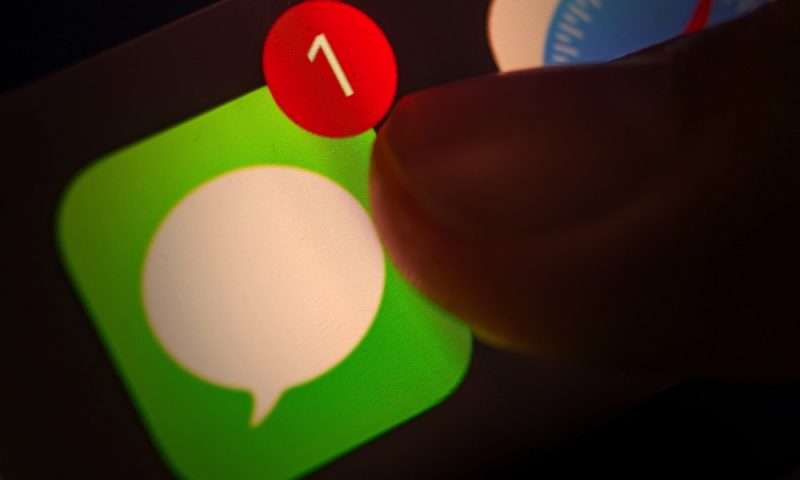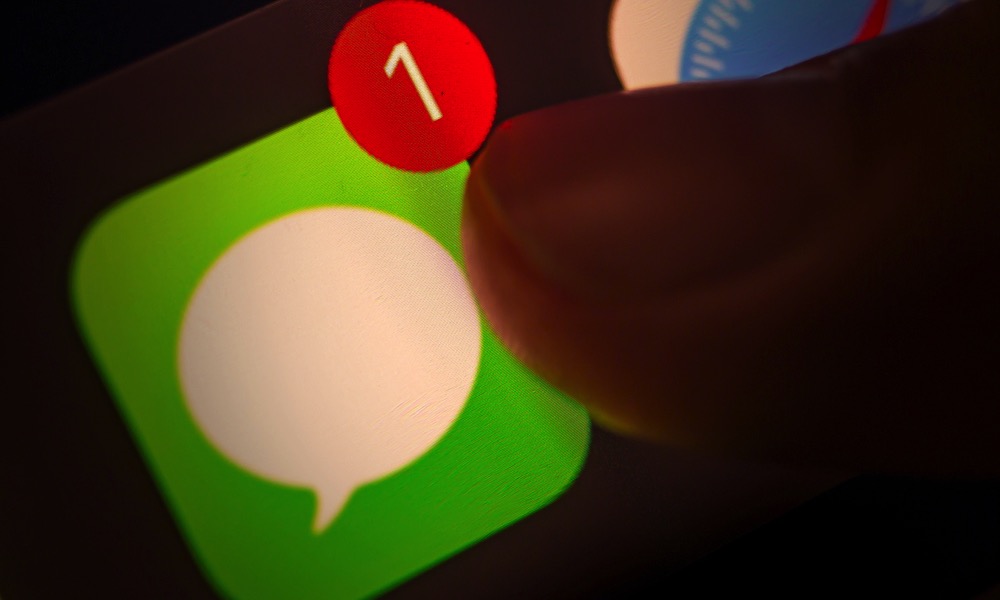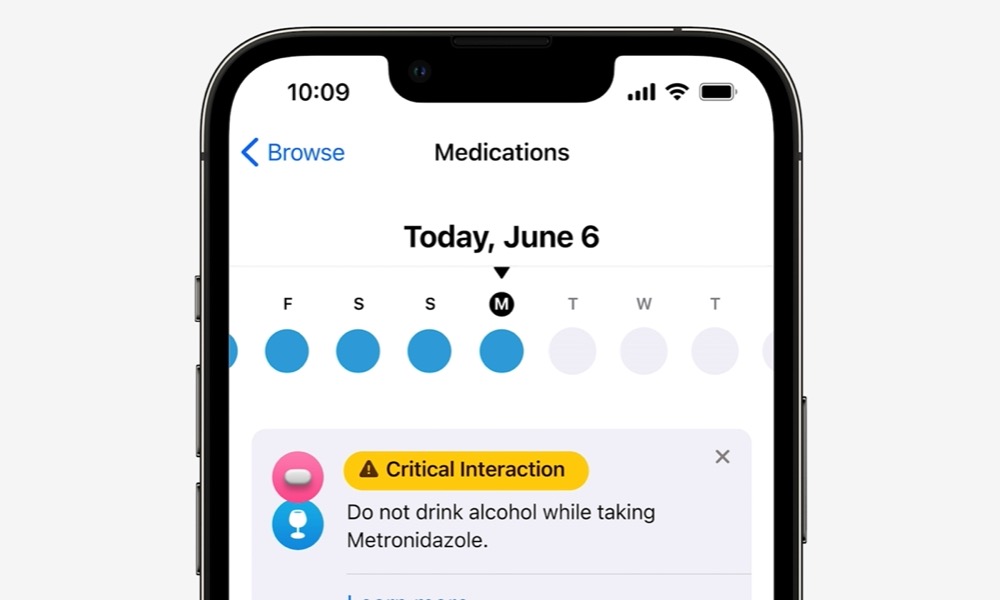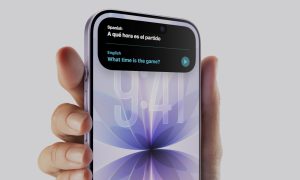Unsend iMessage Feature in iOS 16 Raises Safety Concerns Among Domestic Violence Victim Advocates

 Credit: oasisamuel / Shutterstock
Credit: oasisamuel / Shutterstock
In a letter to Apple CEO Tim Cook shared with iDrop News, attorney Michelle Simpson Tuegel of The Simpson Tuegel Law Firm in Dallas, Texas, urged Apple to rethink how it’s implementing the ability to edit and unsend iMessages in iOS 16.
Simpson Tuegel, who is “an advocate for survivors of sexual harassment and sexual assault,” suggests that the “significant amount of time allowed to edit or delete messages” will empower perpetrators of harassment by giving them the confidence that evidence of their misconduct can be easily destroyed.
The scenario that Simpson Tuegel describes isn’t hard to visualize. An abuser could send harmful or threatening messages to their victim, after which they would have up to 15 minutes to edit or remove the message. The recipient would be left with no evidence of the abusive messages, and it would be their word against the person harassing them.
6 Apps Everyone Should Absolutely Have on Their iPhone & iPad – Number 1 is Our Favorite
The App Store has become completely oversaturated with all the same repetitive junk. Cut out the clutter: These are the only 6 iPhone apps you’ll ever need…Find Out More

This could also lead to gaslighting, where an abuser repeatedly sends violent messages to their target victim, constantly removing them before the person can report them to the authorities and denying they ever sent them in the first place.
Although the recipient can always take a screenshot of any messages they receive, Simpson Tuegel notes that a person suffering from this kind of abuse may not have the presence of mind to do so when they’re enduring mental trauma.
Victims of trauma cannot be relied upon, in that moment, to screenshot these messages to retain them for any future legal proceedings – particularly when the abuser is engaging in a form of psychological warfare.Michelle Simpson Tuegel
Those suffering from online harassment and bullying can also block unwanted contacts. However, this isn’t always an option. Sometimes there’s a need to stay in limited contact with an abusive person for domestic reasons, such as shared child custody. Further, it’s not hard for a determined abuser to work around this using different email addresses or phone numbers.
Possible Solutions?
Simpson Tuegel concedes that iMessage is “certainly not the only messaging platform to allow users to edit or delete messages.” However, she adds that since it’s the default messaging application on the iPhone and other Apple devices, there’s much more room for it to be abused.
In the letter, Simpson Tuegel asks that Apple “engage with the survivor advocates community” to work out ways that would help address some of these concerns. As a starting point, she suggests four things that Apple should consider doing before iOS 16 is released:
- Reduce the time window for a message to be edited or unsent. As announced by Apple and implemented in the iOS 16 betas, a sender currently has up to 15 minutes to edit or delete a sent message. Simpson Tuegel suggests that this is needlessly long, as most senders will immediately realize their error. She suggests that two minutes would be a more appropriate time window, as “someone using iMessage for bullying and harassment will face much greater risk if they know their messages become “permanent” after two minutes.”
- Notify the recipient when a message has been edited or deleted. iOS 16 already does this. Messages will show an “Edited” tag in the same place that notations such as “Delivered” or “Read” appear, and unsent messages will show as a separate entry that “(Sender name) unsent a message.” While the original message won’t be available or recoverable in this case, Simpson Tuegel notes that at least this would “help survivors and their advocates build a timeline of communication and help support the belief that harassment or bullying is taking place.”
- Allow recipients to opt out of the feature. Simpson Tuegel suggests that users should have a choice whether this feature is enabled, like how folks can choose whether or not to send read receipts. This could be done on a per-message basis, per-conversation basis, or in a global setting. It’s also worth noting that edits and deletions don’t propagate to devices running older versions of iOS, so folks who haven’t updated to iOS 16 are effectively opted out by default.
Simpson Tuegel also adds that Apple needs to clarify who has access to iMessage data that has been edited or deleted and whether that information could be subpoenaed from Apple or the sender’s device in criminal or civil proceedings. She acknowledges the privacy issues involved but notes that it’s essential for Apple to “clarify what is retained as part of this new feature.”
Since iMessage is end-to-end encrypted, we already know the answer to that question, at least as far as Apple’s iMessage servers are concerned. Whether the unsent or unedited messages live on within a user’s iOS 16 device is another matter. So far, there’s no evidence this is the case — even the new Recently Deleted messages feature doesn’t include unsent messages, but it’s unclear whether they’re retained under the hood in some way. Certainly, that wouldn’t be a difficult thing for Apple to do.
Other messaging platforms, such as Facebook Messenger and WhatsApp, have addressed this potential problem by allowing users to report conversations — even for end-to-end encrypted chats. We’re only at the first beta of iOS 16, so this may already be on Apple’s road map, but if it’s not, it should be.







